German industrial designer
Luigi Colani
Luigi Colani is a tireless experimenter with a cigar in his hand, who started in the late 1940s! He remained in the ranks until the last days and never ceased to amaze.
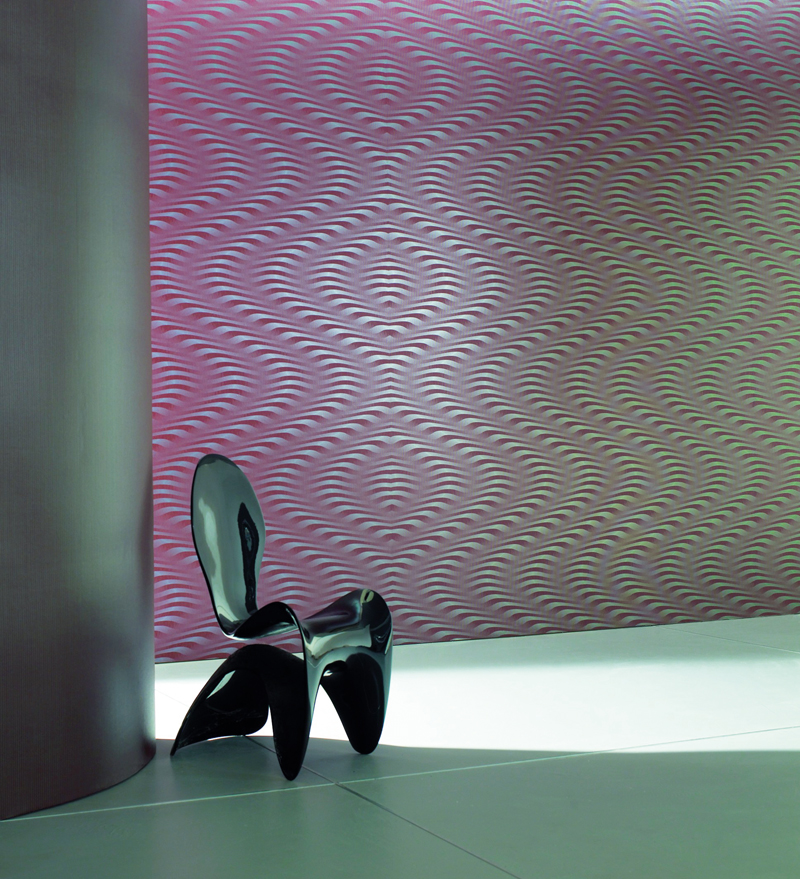
His long career began in the 1950s designing cars for companies including Fiat, Alfa Romeo, Lancia, Volkswagen and BMW. In 1957, he dropped his name Lutz, using the name Luigi. In the 1960s he began designing furniture, and since the 1970s he has expanded into many areas ranging from household items such as ballpoint pens and televisions; on uniforms and trucks and entire kitchens. The magnificent grand piano designed by Colani, Pegasus is manufactured and sold by the Schimmel Piano Company.
His custom designs made him famous not only in design circles, but also among the general public. He has received numerous design awards, although his unconventional approach has left him largely an outsider from the industrial design mainstream.
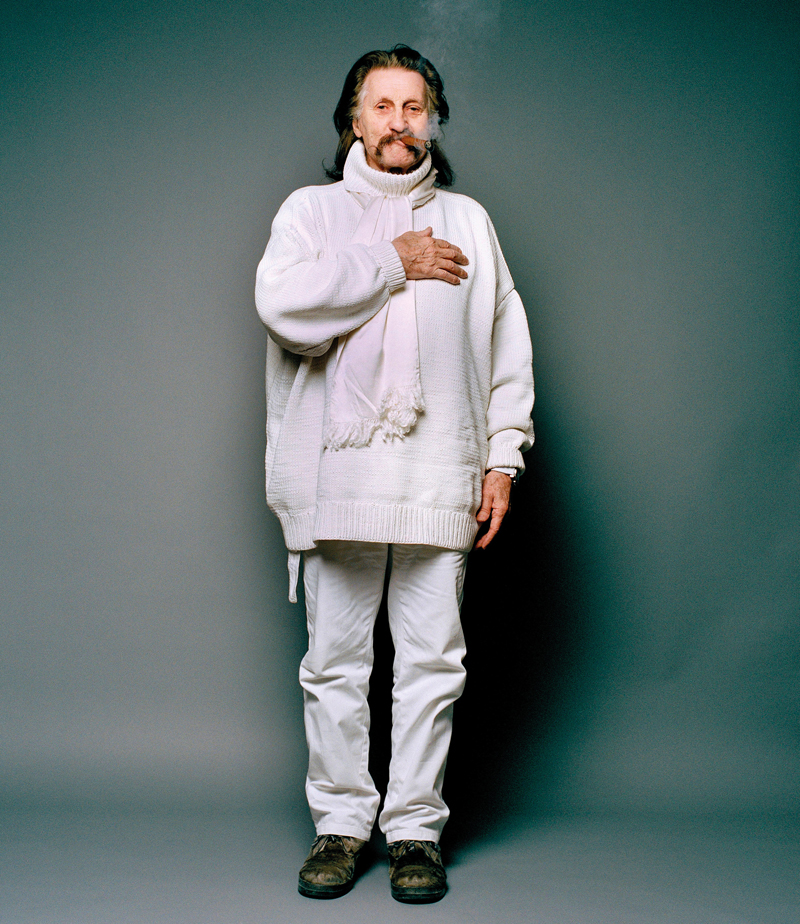
Style
The main characteristic of his design is rounded organic shapes, which he calls "biodynamic" and claims to be ergonomically superior to traditional designs. His 1969 "kitchen companion" is the most prominent example of this school of thought. Many of his designs for small appliances are produced and mass-produced, but his larger designs were never produced.
“The earth is round, all heavenly bodies are round; they all move in circular or elliptical orbits. The same image of round mini-worlds in the form of a globe, revolving around each other, follows us straight into the microcosm. We are even turned on by round shapes in breeding erotica. Why should I join the misguided mass that wants to make everything angular? I'm going to follow the philosophy of Galileo Galilei: my world is also round."
Life and career
Born in Berlin, Kolani was the son of a Swiss director of Kurdish origin.
By 1953 he was living in California, where he led the New Materials design team at McDonnell Douglas in California. Moving on to automotive design, in 1954 he received the international Golden Rose Award for creativity and design.
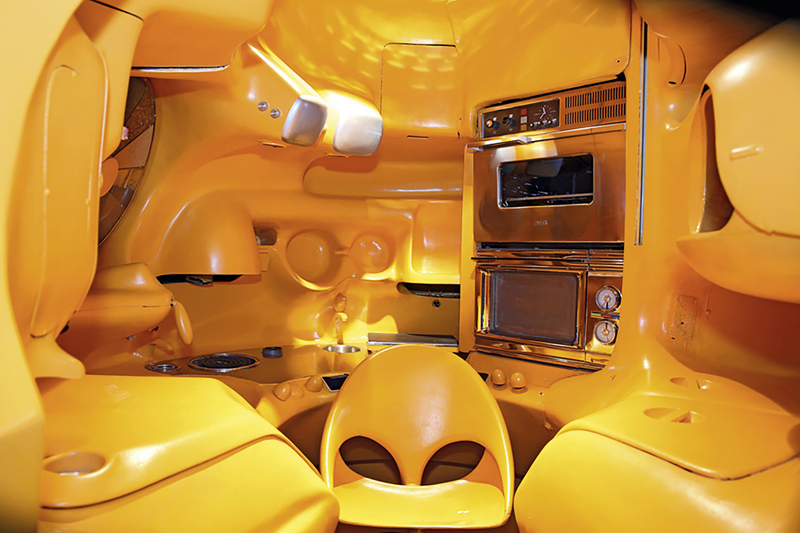
Returning to the automotive industry, in 1959 he introduced the world's first plastic monocoque sports car, the BMW 700, and in 1960, the first production kit car, the Colani GT, which sold 1,700 copies. In 1966, he showed the design of his sports coupe at the IAA in Frankfurt.
By the 1960s, his design range also expanded to include household items and furniture. In 1965, he achieved worldwide success by designing furniture for Asko, Fritz-Hansen (chairmen of Körperform), Cor and Kusch + Co. He also redesigned the AbarthAlfa Romeo, based on two crashed Abarth 1000 GT Coupés in the early 1960s.
In 1968, for Thai Airlines, he designed a set of two plastic cutlery, which the Design Museum in Zurich added to its collection.
By 1970, he had earned enough reputation and income to start a studio with a large design team. The studio was a huge success, many large companies worked and held exhibitions around the world. In the meantime, he continued his innovations in car design, including in 1972 the design of the Eifelland Formula One car.
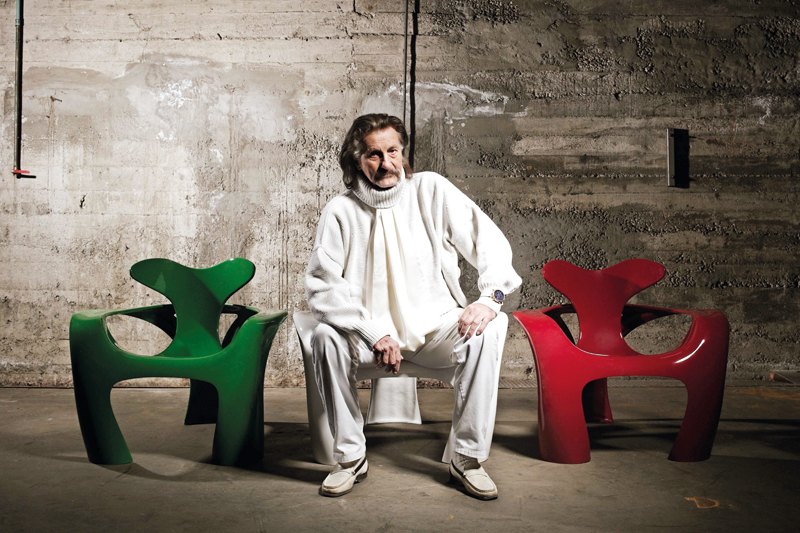
During this period, he made his first forays into the Japanese market when he first received contracts from Japanese companies. In 1973, he made his first study tour to the Far East, during which Japanese buyers recognized Colani's potential. He received invitations from five companies to establish the Colani Design Center in Japan.
Around this time, the Drop teapot he had designed for Rosenthal, the world leader in porcelain manufacture, was purchased for inclusion in the Cooper-Hewitt Museum in New York. In 1999, Rosenthal introduced a special version of his famous design.
Not all of his projects were successful. For example, he created an unsuccessful design for the Olympic rowboat. Around this time, in the early 1970s, he designed his first redesigned truck, which he says "was a direct response to the global oil crisis, but no one noticed my design. They didn't understand the message." Later in the decade, it will return to redesigned trucks to much fanfare.
Colani's first job as an aircraft designer was redefined in 1976 when he was commissioned to design the first Wankel rotary powered plastic sports aircraft. Later, in 1985, he introduced a propeller-driven aircraft with two counter-rotating coaxial pusher propellers with saber blades mounted in the tail. Propellers, also known as "centripetal supersonic propellers", were a new design idea. The aircraft was a design development and not airworthy.

By 1978, his groundbreaking research on trucks, planes, cars and ships was frequently seen at exhibitions around the world. His interest in fuel economy continued into the 1980s. In 1981, he set the world record for fuel economy in a four-seater Colani 2CV (based on the French Citroën 2CV, which consumed just 1.7 liters of petrol per 100 kilometers using the standard 2CV engine and chassis.
In 1982, Kolani moved to Japan, where a year later he took up a professorship in Tokyo.
For Canon, he designed "5 Systems" camera prototypes, and in 1984 he was recognized as Japan's No. 1 industrial designer at the Otaru exhibition for his 60-meter shell. In 1986, he received the Golden Camera Award for the Canon T90.
In 1985, his Robot Theater was the most visited pavilion at Expo '85.
In 1986, one of his motorcycles set a world record in Italy. In the same year, he founded Colani Design Bern in Switzerland.
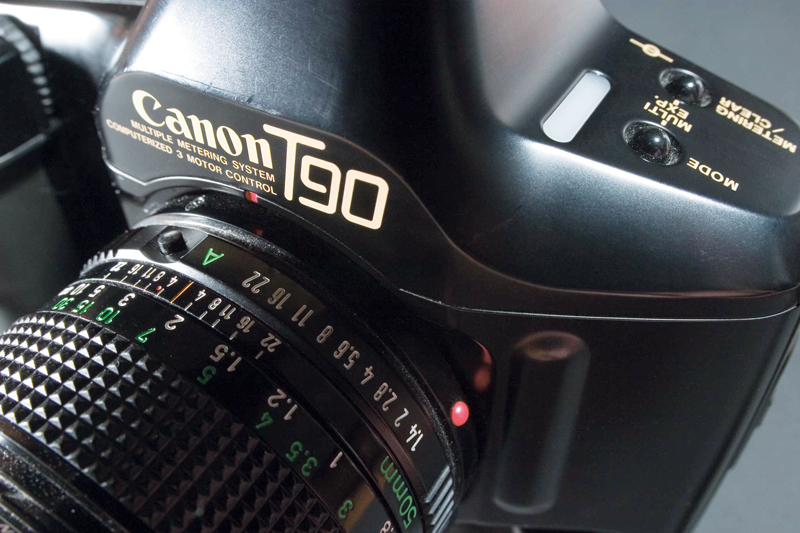
He continued to show his designs at international exhibitions, including the 1987 exhibition at the Center Georges Pompidou, Paris. Car design continued in Japan for Mazda and he designed the handle for Pelikan AG
The 1990s brought more exhibitions and more designs. He organized an exhibition at the Automotive Museum Center International de l'Automobile in Paris, and in 1993 held exhibitions in shopping centers throughout Switzerland.
He designed a new crew uniform for Swissair. In 1991 he designed an optical frame and jewelry collection, and in 1997 he designed the Pegasus grand piano in collaboration with the German piano manufacturer Schimmel Pianos, revolutionizing traditional piano form and design. Schimmel builds no more than two of these devices each year and only on order. Notable Pegasus owners have included Prince, Lenny Kravitz and Eddie Murphy.
Rehau
2000s
His architectural projects continued with the "City of People" architectural model for MW Energie AG in Mannheim, Germany (2000) and then with an experimental house project for Hanse-Haus, German assemblers.
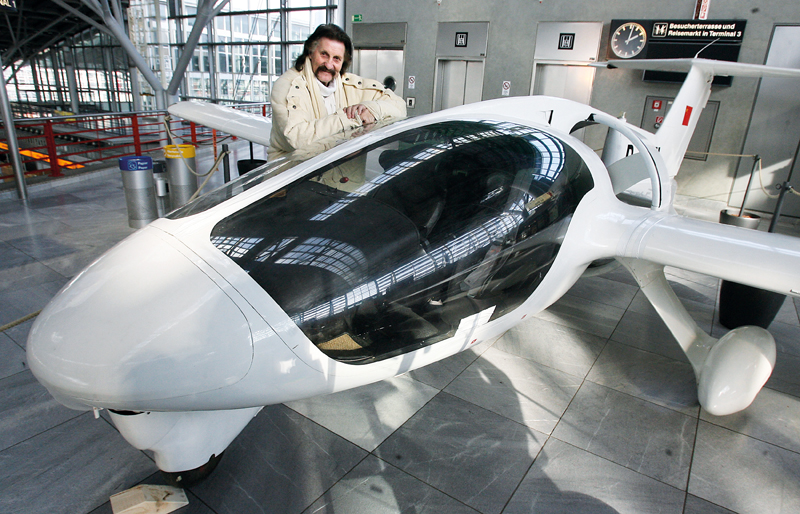
He designed new optical frames presented at exhibitions in Milan, Paris and Las Vegas, and in 2001 designed a new microscope and camera (for Seagull) at the Colani office in Shanghai. Held more than thirty exhibitions in shopping centers (ECE group) throughout Germany. He also opened the world's leading design museum Pinakothek der Moderne in Munich, Germany, featuring several designs by Colani (2002).
In the field of packaging design, he has created a new bottle design for the leading Swiss mineral water company Valser (acquired by Coca-Cola in 2002) and has created giftware china (Cappuccino, espresso mugs).
He undertook the Life on Board project for Volvo cars and created a futuristic car design called the Speedster shark!
It is believed that Kolani was far ahead of his time.
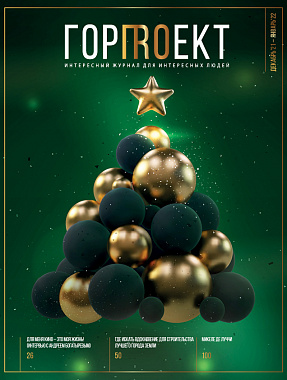
 DOWNLOAD
DOWNLOAD LOOK
LOOK
 Top Content of the Month
Top Content of the Month


